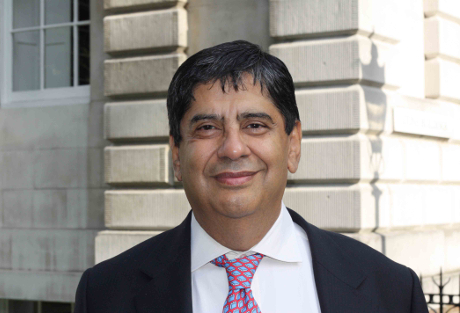Blog

In the on-going case Bank Mellat vs. HM Treasury, the UK Court of Appeal has dismissed an appeal by HM Treasury. The appeal was to use “secret courts” in this case, which involves closed material, in the interest of national security.
This landmark decision sets a precedent on the use of “secret courts” and on the necessary amount of disclosure to a defendant in a closed material case.
Bank Mellat is Iran’s largest bank and one of the most high-profile corporations subjected to EU sanctions in 2009, following alleged links to Iran’s nuclear programme.
Bank Mellat has since challenged the sanctions listing, which was subsequently found to be unlawful by the Supreme Court. The bank is now in the final stages of a £2.3bn damages claim against HM Treasury, for losses in revenue and damage to reputation.
Overruling previous judgements, Justice Collins of the UK Court of Appeal ruled that defendants are entitled to the disclosure of sufficient information in relation to allegations made against them, in order to provide effective instructions to their legal representatives to refute those allegations.
Bank Mellat’s argument was based on the fact that the legal representatives of the bank could not understand the allegations made against them, let alone refute them.
This decision upholds the right to a fair trial as set out in Article 6 of the European Convention on Human Rights. The courts also ordered HM Treasury to pay £100,000 to Bank Mellat to cover the court fees of the 14 days since the appeal.
Sarosh Zaiwalla, Senior Partner of Zaiwalla & Co., the firm that is representing Bank Mellat, said: “This landmark judgement has significant implications for the practicability of secret courts and will indisputably force the Government to think twice before using closed material in the future.
“Time and again in the Bank Mellat case, the British justice system has upheld fundamental principle of the rule of law and it has reaffirmed its position as the most respected, independent system in the world.”
Academy tools to help you get a job
-

Free Watson Glaser Practice Test
Understand the test format, compare your performance with others, and boost your critical thinking skills.
